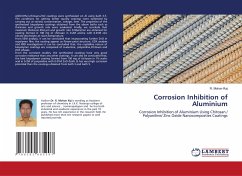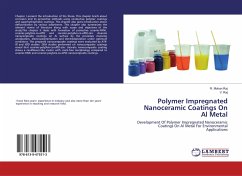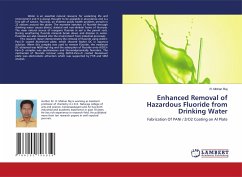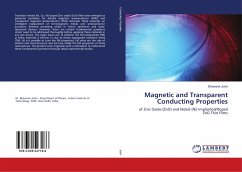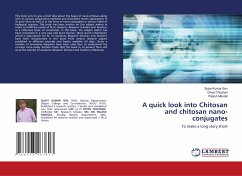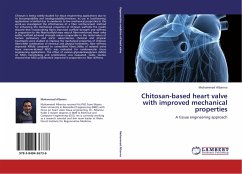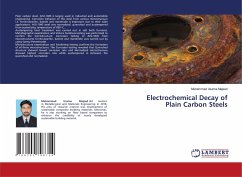Al2O3-PAni-chitosan-ZnO coatings were synthesized on Al using bath 3-5. The conditions for getting better quality coatings were optimized by carrying out at various concentration, voltage, time. The properties of the synthesized biopolymer coatings obtained from the above baths such as thickness and growth rate were evaluated. Finally, we conclude that maximum thickness 39.6 µm and growth rate 0.92µm/min are obtained for coating formed in 100 mg of chitosan in 0.2M aniline with 0.01M zinc nitrate electrolyte at room temperature. From SEM analysis, it can be concluded that incorporating further ZnO in copolymer film, the coating appear as flower-petal structure. EDX analysis and XRD investigations it can be concluded that, the crystalline nature of biopolymer coatings are composed of -alumina, polyaniline,Chitosan and ZnO phases. From the corrosion studies, the synthesized coatings have very good corrosion resistance than any other coatings. It can also be concluded that, the best biopolymer coating formed from 100 mg of chitosan in 1% acetic acid in 0.2M of polyaniline with 0.01M ZnO (bath 5) has very high corrosion potential than the coatings obtained from bath 3 and bath 5.
Hinweis: Dieser Artikel kann nur an eine deutsche Lieferadresse ausgeliefert werden.
Hinweis: Dieser Artikel kann nur an eine deutsche Lieferadresse ausgeliefert werden.

